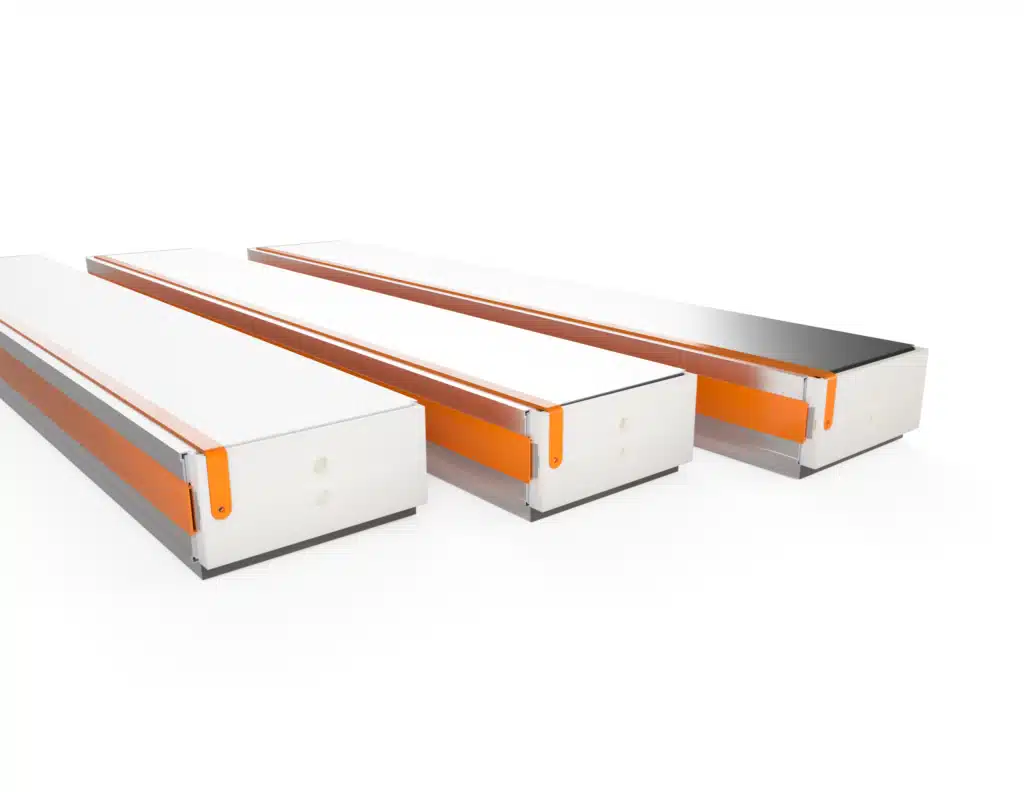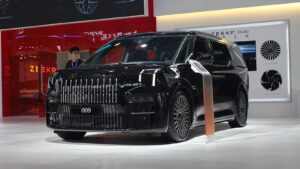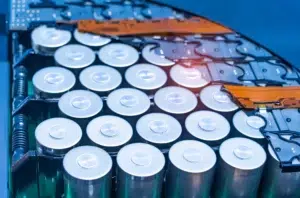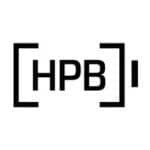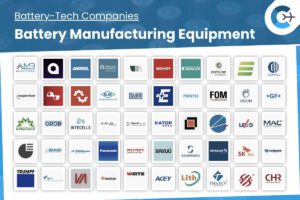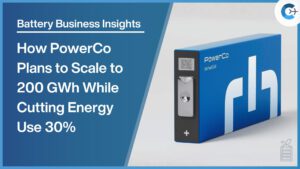Austrian technology company Resch has developed a new battery module design that eliminates adhesives and welds, potentially reducing production costs by up to one third compared with conventional systems. The modular architecture, which the family-owned business began refining in 2023 at its St. Stefan im Rosental headquarters, secures cells mechanically rather than bonding them. This approach allows for the targeted replacement of individual defective cells and simplifies recycling at end of life.
Traditional battery modules, especially those produced in large Asian gigafactories, use adhesive or welded assemblies to achieve structural stability and uniform performance. However, these permanent connections prevent the removal of single cells, creating challenges for maintenance, repair and material recovery. Resch’s “Lego-style” solution starts with a universal base plate that accepts all standard cell formats. Cells lock into a modular carrier of variable length according to capacity requirements, and an end plate with integrated cooling completes the assembly.
In addition to enhanced serviceability and recyclability, the system incorporates a built-in thermal propagation barrier to address fire safety. A hinge-controlled mechanism channels hot gases away from neighboring cells, while an insulating partition contains heat in the event of a thermal runaway.
Resch reports that its in-house capabilities—including mechanical machining, friction stir welding, additive manufacturing and high-voltage component production—enable seamless development from design through validation. With an 18 percent research-and-development ratio, the company believes it can deliver both technological innovation and cost efficiency.
Several Central European automakers are currently evaluating the Steiermark-based solution for potential series production. While the primary focus is on automotive applications, Resch also envisions deployments in aerospace, maritime systems and stationary energy storage. Executives describe the fully automated manufacturing setup as scalable for both small and large series volumes.
Source: Auto Magazin

